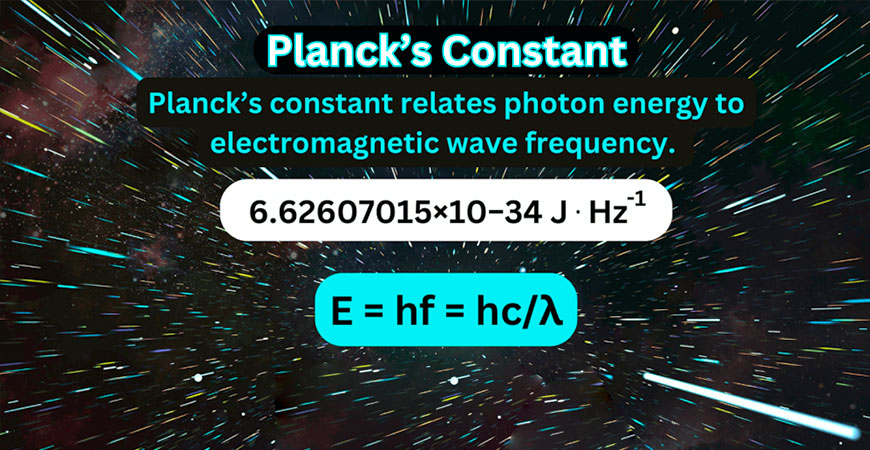Kilogram Redefined: A New Era in Precision Measurement

For centuries, the kilogram has been the fundamental unit of mass measurement. However, as science and technology advanced, the need for more precise and consistent measurement methods became evident. This led to a major change in 2019, when the definition of the kilogram was revised, marking a significant milestone in the world of measurement.
What Was the Old Definition of Kilogram?
The old definition of the kilogram, established in 1889, was based on a platinum-iridium cylinder known as Le Grand K, stored in France. This physical object served as the reference for the mass unit used worldwide. However, over time, slight changes in the mass of this object were observed, making it clear that a more reliable definition was needed.
Transition to the New Kilogram Definition
The new definition of the kilogram is no longer based on a physical object but rather on a constant. As of 2019, the kilogram is defined by the Planck constant (h). The Planck constant is a fundamental constant in quantum physics that relates energy to frequency.
This new definition ensures that the kilogram is based on an immutable and universal foundation. Unlike a physical object that may change over time, a definition grounded in the laws of nature guarantees consistency.
Impact on Industrial and Commercial Applications
This change in the kilogram definition is particularly important for industrial and commercial applications where precise measurements are critical. Measurement devices, weighing systems, and technologies like load cells are now calibrated according to this new definition. This leads to greater accuracy and reliability in production processes.
Precision and Reliability at Puls Elektronik
At Puls Elektronik, we closely follow these technological advancements and continuously update our solutions accordingly. Our weighing and mass measurement technologies are developed to align with the new kilogram definition, providing our customers with the most precise solutions. Our load cell systems are designed to meet the demands of modern industry, ensuring high-precision measurements that drive efficiency.
Conclusion
The new kilogram definition represents a significant revolution in measurement. With this science-based definition, more reliable and consistent results can be achieved in industrial processes. At Puls Elektronik, we are fully aware of these changes, and by continuously improving our technologies, we strive to offer the highest standards of service to our customers.
